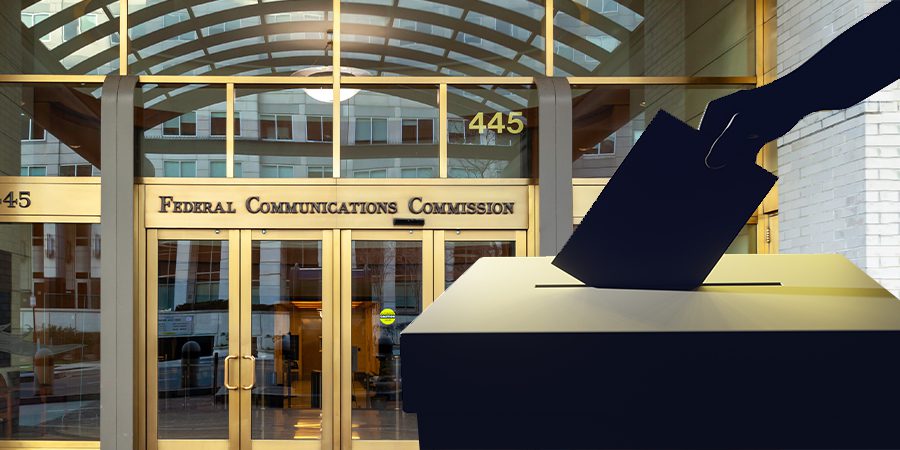Subscribe
"Unlock exclusive insights and elevate your financial wisdom with NetWorth.com — subscribe now to stay ahead in the wealth game!"

This article will investigate why Gigi Sohn has decided to withdraw her nomination as telecommunications regulator for the FCC.
Key takeaways:
Gigi Sohn’s confirmation as a telecommunications regulator for the Federal Communications Commission (FCC) faced opposition from Republicans and some Democrats.
Despite multiple hearings, it remained uncertain if Sohn had enough votes to pass the full Senate, leaving the FCC with only four commissioners and making it difficult for President Biden to push his internet agenda without bipartisan support.
Sohn’s withdrawal is a significant setback to renew net neutrality rules, which aim to prevent broadband internet providers from giving special treatment to certain online content.
Sohn has dedicated her career to improving the internet for all Americans, not just big companies, as a consumer advocate.
The opposition to Sohn’s nomination stems from the resistance of telecom and media giants who dislike the idea of Sohn regulating their industry.
Although there were criticisms of Sohn’s past tweets critical of Fox News and opposition from a law enforcement group, the telecom and media industries convinced enough Democrats to go along with their opposition, resulting in Sohn’s withdrawal.
Sohn’s withdrawal is not good for the American people as the FCC deadlock, which has lasted for over two years, will continue.
This will result in higher costs for broadband, marginalization of minority and underrepresented voices, and the continued use and sale of private information by broadband providers.
The FCC will not have the power to enforce strong rules that guarantee equal access to broadband for all Americans, regardless of their background or location.
In her statement, Sohn expressed disappointment that dominant industries, with assistance from unlimited dark money, get to choose their regulators.
She called for the President to swiftly nominate an individual who puts the American people first over all other interests, stating that the country deserves nothing less.
It’s unfortunate that the telecom and cable industries were able to convince enough Democrats to oppose Sohn’s nomination, especially considering her qualifications and dedication to the public interest.
The opposition was largely based on false claims and misleading information, demonstrating how much influence these industries have on our political system.
Ultimately, the American people are the real losers here.
We need fair and impartial candidates who are committed to serving as even-handed and truly independent regulators.
Until then, the FCC deadlock will continue, leaving American consumers at the mercy of powerful industries that prioritize their interests over the public good.